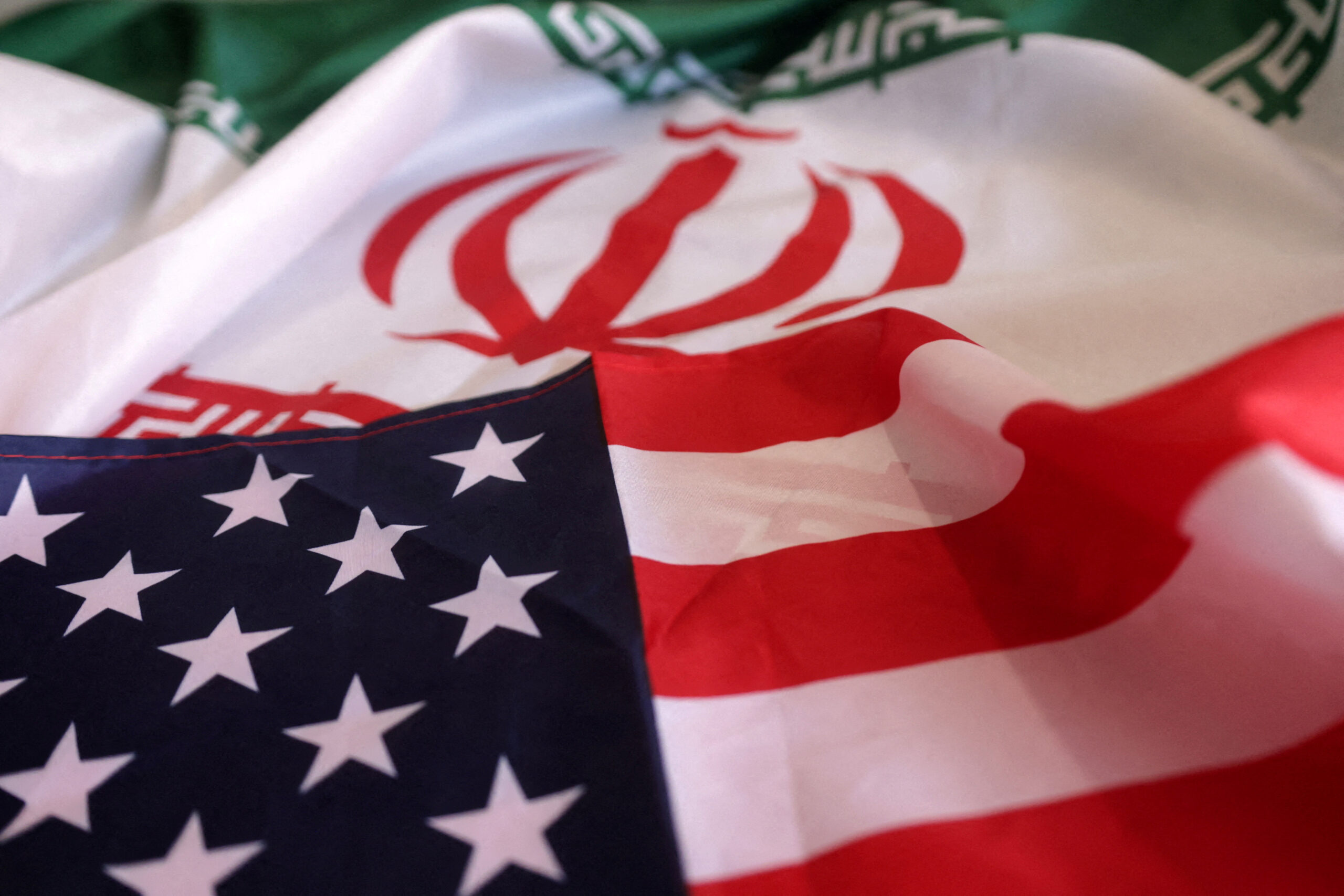Shazia Ramzan
Women’s privacy rights cannot be overstated, as they are crucial for upholding women’s dignity, autonomy, and overall well-being. Privacy rights give women the fundamental freedom to make personal choices without unwarranted interference, allowing them to express their individuality and exercise control over their lives. Without adequate privacy rights, women are at risk of being subjected to various forms of exploitation, surveillance, and violation of personal boundaries, which can have significant negative impacts on their physical, emotional, and psychological health.
Respecting and protecting women’s privacy rights is essential for creating an environment where women feel safe, secure, and respected. It is foundational for fostering trust and confidence in personal relationships, professional settings, and public spaces. Honouring women’s privacy rights contributes to establishing a society where women can fully participate without fear of being targeted, discriminated against, or subjected to undue scrutiny.
Furthermore, protecting women’s privacy rights plays a critical role in combating gender-based discrimination and inequality. It enables women to exercise agency over their lives, safeguarding them from potential exploitation, harassment, and abuse. Additionally, privacy rights are instrumental in ensuring that women have the autonomy to make decisions about their bodies, personal information, and private affairs without fear of unwarranted intrusion or violation.
From a broader societal perspective, upholding women’s privacy rights is essential for fostering a culture of respect, equality, and inclusivity. Protecting women’s privacy sends a powerful message about the value of their individuality, personal space, and freedom from unwanted surveillance. This, in turn, contributes to the creation of a more just and equitable society where all individuals are guaranteed the right to privacy and the freedom to live their lives without fear of undue intrusion or violation.
Therefore, women’s privacy rights are important because of their inherent connection to women’s autonomy, safety, and equality. Upholding and safeguarding these rights is crucial for creating a society where women can thrive, participate fully, and be respected as equal members. Policymakers, organizations, and individuals need to recognize the significance of women’s privacy rights and work towards creating an environment where these rights are upheld and protected for the benefit of all.
The Digital Rights Foundation (DRF) has raised a crucial concern regarding the ongoing surveillance of women and girls in private spaces through unregulated CCTV cameras in shelters, hostels, universities, and salons. This surveillance infringes upon the right to privacy and dignity in private places, posing significant risks to the safety and security of vulnerable women.
The urgency of this situation cannot be overstated, given that unregulated surveillance has led to exploitation, harassment, and even tragic incidents such as suicide in the past. The existing measures have proven insufficient in deterring individuals and groups from systematically targeting vulnerable women. Hence, this problematic situation calls for immediate and comprehensive intervention.
The need for government action is paramount, especially in light of Pakistan’s low ranking of 142 out of 146 countries in the 2023 Gender Gap report. This ranking encompasses economic participation, educational attainment, health and survival, and political empowerment, highlighting the need for prompt action. The persistent lack of decisive measures in the face of such critical issues is profoundly disconcerting and necessitates immediate government action.
The adequate protection of women’s rights is non-negotiable, as evidenced by the pervasive blackmail and exploitation of innocent girls, even within places intended to provide refuge, such as Darul Amaans. This serves as a clear indication of the systemic failure to protect vulnerable women. The commendable efforts of organizations like DRF in bringing attention to these issues shine a light on the critical need to effectively protect women’s rights.
The fact that vulnerable women are subjected to surveillance, blackmail, and exploitation with little recourse for justice and protection is appalling. Women, constituting half the population and workforce, are entitled to fundamental rights, including privacy and dignity. However, the current system’s inadequacy in safeguarding these rights is unacceptable.
While laws exist to protect the privacy and dignity of all citizens, particularly women, their ineffective implementation and potential misuse aggravate the exploitation of women. This failure reflects poorly on society, particularly the government, and urgently demands remedial action.
Organizations like DRF’s persistent efforts to raise awareness about these critical issues ensure that they are not overlooked. However, the lack of substantive action from those in positions of power signifies a systemic shortcoming that necessitates immediate attention and rectification.
Addressing these issues is crucial to upholding human rights and improving Pakistan’s social and economic indicators. The government must demonstrate a genuine commitment to addressing these challenges and safeguarding the rights of all citizens, especially vulnerable women.

















